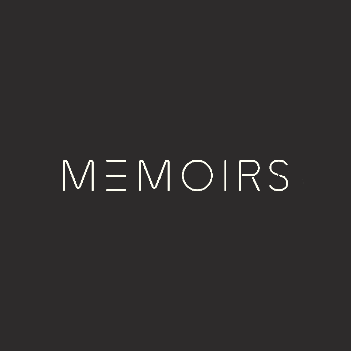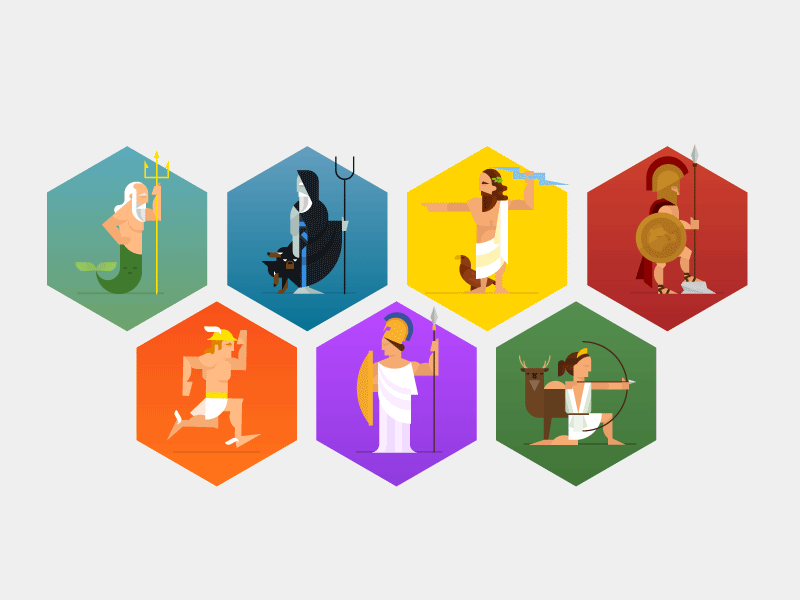Classic literature is like an ageless beacon, continuously guiding modern authors through the turbulent sea of storytelling. The impact of these timeless works reverberates through contemporary writing and culture, creating a literary tapestry that transcends generations. In this blog, we'll embark on a journey to explore how classic literature has left an indelible mark on today's novels it holds a timeless appeal that continues to influence modern writing and culture in profound ways. Authors, both past and present, draw inspiration from classic works to create new narratives, explore universal themes, and provide readers with a sense of continuity across generations. In this blog, we'll delve into how classic literature has left an indelible mark on contemporary writing and culture, featuring references to modern novels and quotes from acclaimed authors who have confirmed this literary legacy.
Themes and Social Commentary: Classic literature has a knack for delving into themes that stand the test of time. From love's complexities to the pursuit of wealth and decadence, classic novels have explored it all. And guess what? Modern writers are still captivated by these age-old themes.
Classic novels often explores timeless themes such as love, ambition, morality, and societal norms. Modern writers, too, use these themes as a foundation for their works. For instance, F. Scott Fitzgerald's "The Great Gatsby" draws parallels to the themes of wealth and decadence found in Edith Wharton's "The Age of Innocence."
Fitzgerald himself acknowledged this connection, saying, "I want to write something new—something extraordinary and beautiful and simple and intricately patterned. [...] There are only beacons of light and examples to the rest of us—Willa Cather, Ernest Hemingway, John Dos Passos, and myself." (F. Scott Fitzgerald)
Character Archetypes: Classic literature has introduced iconic character archetypes that continue to appear in contemporary novels. Ever heard of the hero's journey, the tragic hero, or the unreliable narrator? Classic literature gave birth to these iconic character archetypes, which continue to shape modern storytelling. J.K. Rowling's "Harry Potter" series is a modern example of the hero's journey, akin to the tales of King Arthur.
Rowling expressed this influence, stating, "I revere the tradition of the hero who embarks on a journey and grows in strength, wisdom, and character. [...] In creating Harry Potter, I felt I was continuing the story that had begun in my childhood." (J.K. Rowling)
Reimagined Classics: Modern authors love breathing new life into classic stories, offering fresh perspectives or reinterpreting tales from different angles. authors often reimagine classic stories from different perspectives or time periods. Jean Rhys's "Wide Sargasso Sea" serves as a prequel to Charlotte Brontë's "Jane Eyre," offering a fresh perspective on the character of Bertha Rochester. This reinterpretation sheds light on colonialism and the consequences of neglecting marginalized voices.
Rhys expressed her motivation, stating, "I wanted to write for myself, for my own satisfaction." (Jean Rhys)
Literary Homage: Many contemporary authors pay homage to classic literature by incorporating references or intertextual elements. In "The Eyre Affair" by Jasper Fforde, readers enter an alternative universe where characters from classic novels are real and interactable. This novel pays tribute to the enduring popularity of Charlotte Brontë's "Jane Eyre."
Fforde humorously notes, "No-one had ever said there was anything odd about not liking Dickens particularly, but the mere fact of being in her forties and an English teacher meant she was supposed to be a mad keen Brontë fan." (Jasper Fforde)
Classic literature's impact on modern writing and culture is undeniable. It serves as a rich source of inspiration, offering themes, character archetypes, and timeless stories that resonate with contemporary readers and writers alike. As we've seen, famous authors confirm this influence, acknowledging their debt to the literary giants of the past. This interplay between classic and modern literature enriches our cultural tapestry and ensures that the stories of the past continue to inform and shape our literary landscape for generations to come. This interplay between classic and modern literature enriches our cultural tapestry and ensures that the stories of the past continue to inform and shape our literary landscape for generations to come. So, next time you pick up a modern novel, remember that it might have a touch of Shakespearean flair or Austen-esque charm hidden within its pages. Happy reading!


